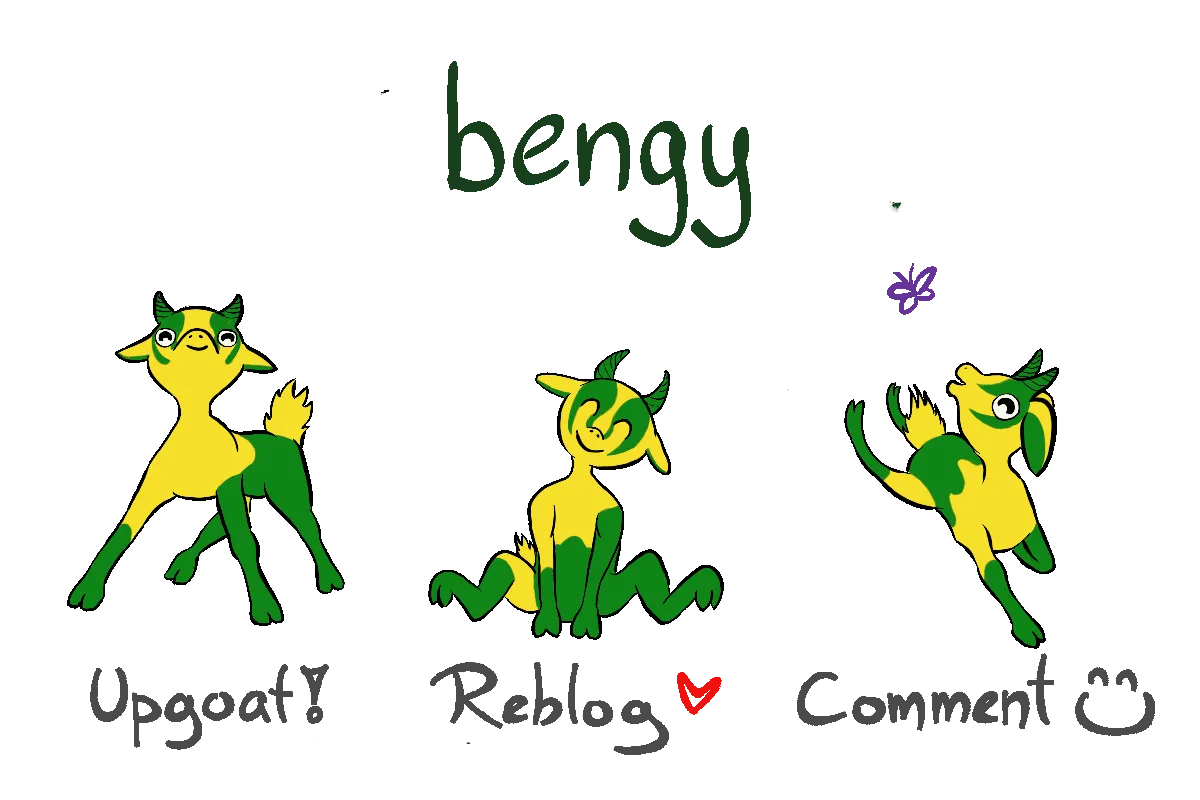
You can find previous Brain Dumps here: Part 1, Part 2, Part 3, Part 4, Part 5, Part 6, Part 7, Part 8, Part 9, Part 10, Part 11, Part 12, Part 13, Part 14, Part 15, Part 16, Part 17, Part 18.
So, after a strong burn on completing the two assignments for my Literacies/Numeracies and Senior Science units earlier in the month, I had gone on a well deserved holiday for a couple of weeks (it was also the teaching break at the university as well, plus Australia is going through a Coronavirus moment, so things are slow on that side of the world anyway). That meant that I wasn't doing much in the way of coursework... on the the barest minimum to make sure that I had caught up to the end of the teaching period before the teaching break. I had ignored the last week of coursework in order to get my assignments finished before we boarded the plane!
This last week, I was away for work, which meant that I had some free evenings to start on the coursework for the second half of both units... the final burn before the final assessments in the course. Well, the Literacy/Numeracy unit has three assessments left (two small and one large) and the Senior Science unit has only the single large assessment.
... and both units are moving into the topic of assessments! Haha, how deliciously co-incidental! So, I can learn about assessments and best practice in assessments and see if my own lecturers are actually following their own recommendations (spoilers... not always...).
I'm finding the Senior Science modules to be a bit of a breeze in this section, there are four modules to reach the end of unit. All of these modules are geared towards helping us complete the second assignment, which is to create an assessment task for Year 11/12... in my case, it will be for Physics. I think I will try and create an interesting task for Special Relativity/Quantum Mechanics... a bit of a tricky one, because the students will be completely out of depth, out of "common sense" and won't have enough mathematics to actually delve too deep into it. However, that is why I'm choosing this rather than the more classical areas... I want to try and get the students to explore these abstract areas, and fall in love with the philosophical, technological and culture implications of these fundamental theories! (aka, the stuff I nerd out about!).
The trick to doing these assessments is to make them broad ranging so that they can appeal to as many students as possible. These are no longer the exam-type, answer the form question sorts of assessments... but the ones that give the students the basic tools, and then asks them to go and explore something that really interests them. The basic tools are those that are the content/knowledge of the curriculum, and hopefully that learning/curiosity spark is what will get the students to be motivated to learn and apply these tools.
I did manage to get my first assignment for the Senior Science unit back last night... I pretty happy with the result and the comments! The task was to design a 10-lesson series using the 5E model on a topic of our choosing. I had chosen to do Magnetism as it a topic that runs into quite a lot of problems for students... and interestingly enough, when I was talking about it to a musician colleague, I found out that many people don't actually understand how magnets work or any scientific models behind our understanding of it! During my research to design the lesson sequence, I found out that many people have the misconception that charge and magnetism are identical... when in truth, they are closely related, but quite different.
So, good comments from the lecturer... but I always still feel like I'm winging it. I guess that is the way that I will feel until these lesson ideas and plans actually make contact with real schools and real students!
Meanwhile, in the Literacy and Numeracy unit... well, this is a bit more of a struggle. It is the classic humanities style course (from my incredibly biased point of view)... lots of air and fluff on a simple enough concept. Sure, there are interesting and useful ideas, but they aren't quite that interesting and useful beyond the first ten minutes or so. Actually, that isn't quite true... there are really interesting deep concepts about how humans transmit and receive information, but that isn't really what we are studying...
I think that my biggest gripe with that course is that is just really poorly presented, designed and laid out... too many dead and broken links in the online course, makes for a shitty learning experience! Even dead YouTube embeds... has this lecturer even bothered to look at his own course?

I can also be found cross-posting at:
Hive
Steem
Publish0x
Handy Crypto Tools
Ledger Nano S/X: Keep your crypto safe and offline with the leading hardware wallet provider. Not your keys, not your crypto!
Binance: My first choice of centralised exchange, featuring a wide variety of crypto and savings products.
Kucoin: My second choice in exchanges, many tokens listed here that you can't get on Binance!
MXC: Listings of lots of interesting tokens that are usually only available on DEXs. Avoid high gas prices!
Coinbase: If you need a regulated and safe environment to trade, this is the first exchange for most newcomers!
Crypto.com: Mixed feelings, but they have the BEST looking VISA debit card in existence! Seriously, it is beautiful!
CoinList: Access to early investor and crowdsale of vetted and reserached projects.
Cointracking: Automated or manual tracking of crypto for accounting and taxation reports.

Account banner by jimramones


